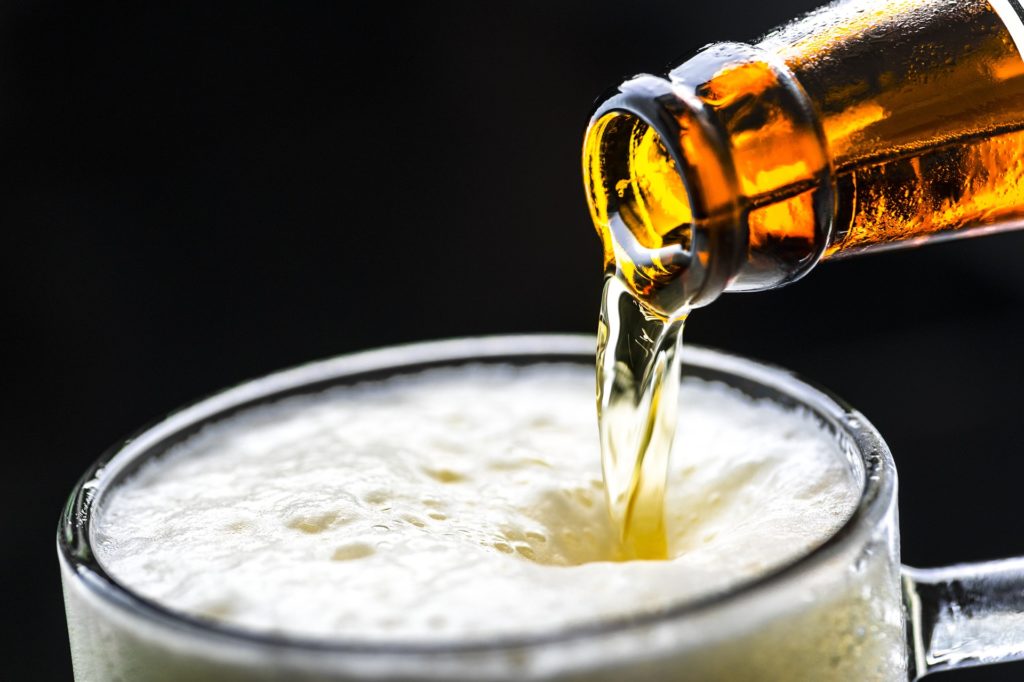The function of the brain is to receive messages from the nerve cells of your body. Sending back the correct messages all the way through your body is the normal function and the healthy sign of brain.
Alcohol actually has psychotropic effects on the level of neurotransmitters by disrupting brain chemistry. The witnessing signs of heavy drinking include the stumbling tread, slurred speech and memory lapses. The people who are drunk are often observed having trouble with their balance, judgment, and coordination. The effects of alcohol can be expectedly far-reaching, impinging your feelings, personality, movement, and much more.
Alcoholism is a traumatic problem for families

Liquor addiction is a genuine, horrendous issue for families and for couples. Being married to somebody who is off the wagon can lead the other life partner to feel sad, down in the dumps and alone. Alcoholism is one of the main reasons people give for divorce in the world. Actually, it’s commonly one of the top three reasons, and that is justifiable. Liquor abuse can break up relationships to the point where they can never again be salvaged. To sum up, alcoholism can be grounds for divorce that essentially needs the service of the Divorce Matters Law Firm which deals divorce-related cases.
The Main Adversary Effects of Alcoholism
The aftereffects of alcohol make us feel sluggish, lethargic, and slow-moving, repressing the activities of certain nerve pathways.
Here are a number of the scandalous ways of how alcohol affects your brain.
Alcohol makes you klutz
Alcohol eventually makes you clumsy and sluggish by restricting the activity of your brain centre.
The scientific and investigational research in Alcoholism is of the view that heavy drinking can damage the brain’s cerebellum and ultimately cause a sense of balance problems for years.

Inflammatory Damage: Chronic Liver Disease
Life is one of the vital organs that help break down and eliminate harmful substances from your body. No doubt, liver disease is fatal and life-threatening and leads to harmful toxins and the waste upsurge in your body.
Women are at higher risk of creating alcoholic liver disease. Women’s bodies are likely to take in more liquor and need longer timeframes to process it. Women additionally show liver damage more rapidly than men.
Blood Sugar or Hypoglycemia
The pancreas directs your body’s insulin use and reaction to glucose. At the point when your pancreas and liver aren’t working properly, you risk encountering low blood sugar or hypoglycemia. A damaged pancreas may also prevent the body from creating enough insulin to use sugar. This can prompt hyperglycemia or a lot of sugar in the blood.
It’s critical for people with diabetes or hypoglycemia to keep away from much quantity of liquor.
Digestive System is badly affected
Drinking can harm the tissues in your stomach related track and prevent your intestines from digesting food and sopping up vitamins and nutrients. Consequently, undernourishment may happen.

Dipsomania leads to:
- Chronic intestinal gas
- Bloating or tumescent
- A feeling of fullness in your abdomen
- Diarrhoea or painful stool
Circulatory System
Alcohol can fatally affect your heart and lungs. People who are boozehounds have a higher danger of heart-related issues than people who don’t drink. Women who drink are more expected to build up coronary heart disease than men who drink.
Circulatory complications lead to:
- High blood pressure
- Irregular heartbeat
- Difficulty pumping blood through the body
- Stroke or cardiac arrest
- Heart disease or CAD
- Heart failure
Conclusion
Stay aware of the impacts of alcohol on the body and figure out how it impacts your stomach, heart, liver and understand the relationship between alcohol and mental health, erectile dysfunction and weight gain.

Very detailed post against alcohol. However, it can be drunk in moderation and social drinking is a pleasant addition to a social gathering. One must know ones limits.